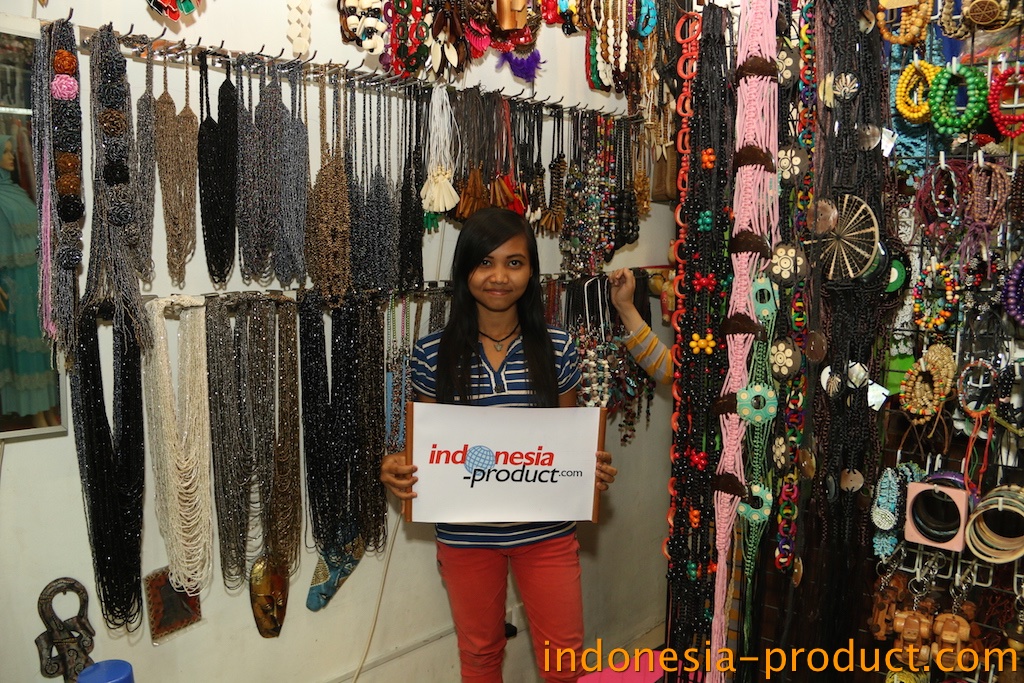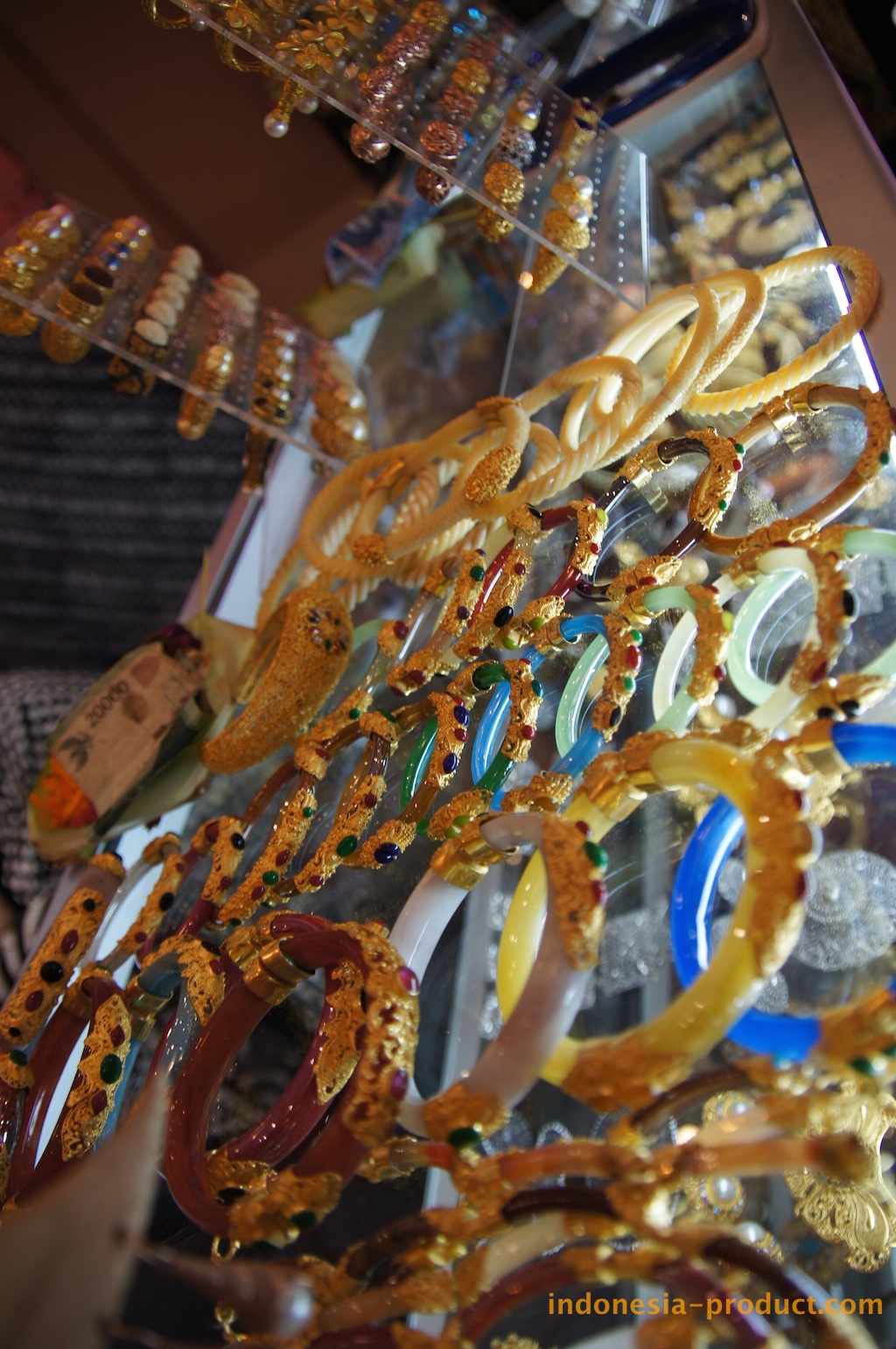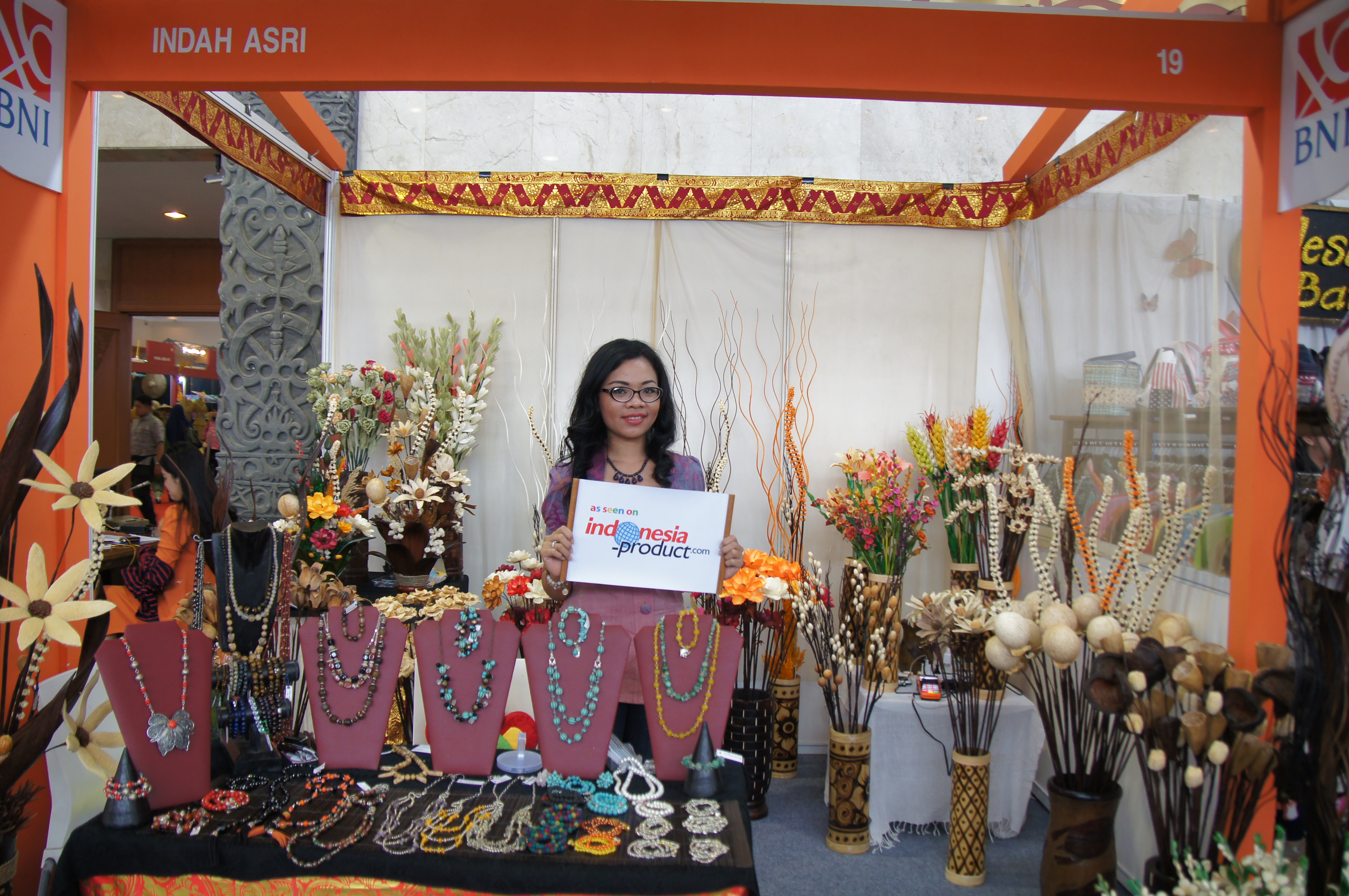Winter Olympics Tough Sledding for NBC
AP via Yahoo! New
NEW YORK – Halfpipe star Shaun White showed up for an interview with NBC’s Bob Costas as an Olympic champion, the pressure lifted from his shoulders and clearly juiced by his new jewelry.
So “The Flying Tomato” decided to test the power of a gold medal by trolling for a date with skater
Hey, what’s the worst that could happen? Chicks dig a little bling, right?
White’s interview shortly after his gyrating ride to gold was a memorable television moment precisely because it was everything that NBC’s prime-time Olympics coverage mostly wasn’t — fun, spontaneous and infused with personality.
NBC’s Turin experience was by no means a failure, financially or aesthetically. But it failed to absorb American television viewers, or even distract most regular fans of “American Idol” or “Grey’s Anatomy.”
Maybe that was a reality NBC couldn’t change; its executives couldn’t heal Michelle Kwan’s injury or force Bode Miller to ski better. Turin still offered lessons NBC can learn.
“Maybe the (Turin) games will go down in history as the games that didn’t make sense,” NBC’s Jimmy Roberts said in a report Friday, itself an attempt to come to grips with the games’ lack of impact.
It helped no one that so many highly touted U.S. athletes largely washed out. Look what an attempt to be playful and spontaneous did for snowboarder Lindsey Jacobellis. Even athletes who won — think Chad Hedrick and Shani Davis — hardly came across as likable.
Except for White and Cohen, few memorable characters emerged for the American audience over the two weeks.
That’s partly NBC’s fault. In contrast to past years, when broadcasters were criticized for relying too heavily on cringe-worthy “up close and personal” interludes, the pendulum has swung too far the other way. Viewers rarely felt that they knew this year’s athletes.
When Ted Ligety won his skiing gold medal, he was a complete mystery to Bode Miller-obsessed NBC and to viewers. That shouldn’t happen when no prime-time events are shown live.
Some of the segments that were done were so stylized that they looked beautiful but didn’t say much. A brief profile of ice dancers Tanith Belbin and Ben Agosto referred to her decision about whether to skate for the U.S. or Canada, but didn’t explain it. Another interlude on Russian figure skater Irina Slutskaya raised her mother’s health problems, then left viewers hanging about whether she survived.
NBC’s breakout Olympics star proved to be a familiar one: 76-year-old figure skating analyst Dick Button.
Button was marvelously lyrical, the best in Turin at taking the technical aspects of a sport and describing them in ways non-aficionados could understand. NBC on the fly added him to all figure skating coverage, and what could have been a horribly crowded four-person crew worked smoothly.
The games were sumptuously photographed, and NBC responded adeptly to breaking news. Costas’ interview with Jacobellis after her disastrous snowboard slip was a model in sensitive persistence.
Otherwise, Costas’ performance as host was as muted as the games themselves. Same with feature reporter Roberts, often NBC’s MVP, who seemed to struggle to find interesting stories.
As it did for the Athens Summer Games in 2004, NBC and its cable partners saturated viewers with, on average, more than 24 hours a day of coverage.
This requires meticulous advanced planning but also enforced sports segregation. Long before many athletes arrived, their competition was judged not ready for prime time. Hockey and curling fans could get their fill, for example, but they were mostly cable sports. If your only exposure to the Olympics was NBC at night, you wouldn’t know these athletes were there.
When both the U.S. and Canadian men’s hockey teams were eliminated on Wednesday, it didn’t merit prime-time discussion. No interviews, no highlights, no analysis. If they were pushed aside for compelling alternatives, fine, but it was a dull night that proved to be NBC’s lowest-rated of the games to that point.
NBC’s executives undoubtedly have reams of research to explain how they were presenting the sports most people wanted to see at a time most people were watching. But that example symbolized how viewers could never expect the unexpected. The telecasts all began to feel the same. That’s a fatal flaw when hundreds of other entertainment choices are a click away.
How people experience the Olympics is changing, and it’s also changing NBC’s business. A decade ago, NBC earned three-quarters of its Olympics revenue from prime-time advertising; now that’s down to 45 percent, said Randy Falco, NBC Universal Television Group president.
“We wish prime time would have performed at the high end of our expectations but we have added programming and content that was very well received and very successful and can be studied as a template for the future,” he said.
Dick Ebersol produces NBC’s Olympics coverage, and he learned from the master, the late Roone Arledge of ABC. Arledge was largely responsible for turning the Olympics into anticipated television events.
Ebersol is a strong defender of the “plausibly live” prime-time coverage that lets events unfold as if viewers had no other way of finding out what happened. But as sports writer Frank Deford pointed out last week in an NPR commentary, the Olympics TV blueprint seems to be getting stale.
“Unless somebody figures out how to update Arledge, the winter Olympics will just continue on as another musty old show, struggling to keep (audience) share and to stay off cable,” Deford said.
The entertainment world is much different than when that Olympics blueprint was drawn — it was before cable, before the Internet.
NBC’s challenge is to update it before Beijing in 2008.





